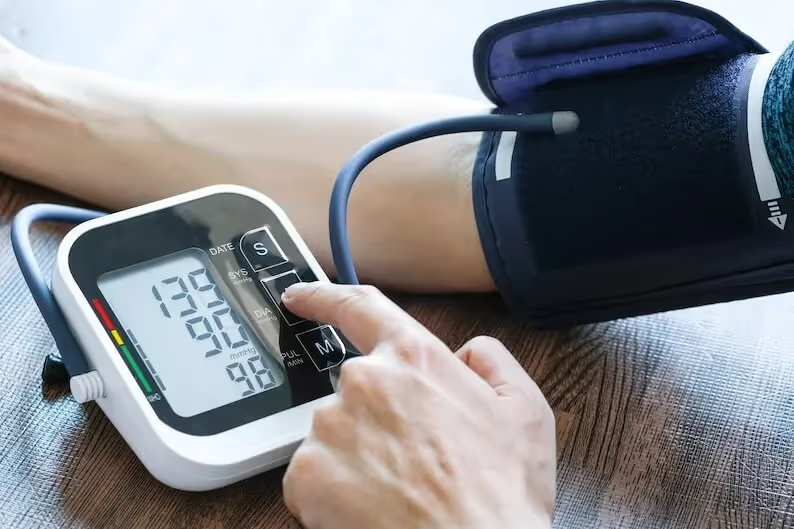High blood pressure, also known as hypertension, is a common health concern affecting millions worldwide. People often refer to it as the silent killer because it can go undetected for a long time. Nearly 60 percent of adults over the age of 60 suffer from chronic disease, which puts them at an increased risk for heart disease. Despite the abundance of information available, misconceptions about how to manage and prevent high blood pressure persist. Let's debunk five prevalent high blood pressure myths related to food, drinks, and activities.
Myth 1: Salt is the Sole Culprit
The Truth: While it's true that excessive sodium intake can contribute to high blood pressure, it's not the only factor. The relationship between salt and blood pressure is complex, involving genetics, lifestyle, and other dietary factors. What to Do:
- Balance Your Diet: Incorporate a variety of nutrients, including potassium, magnesium, and calcium, which help regulate blood pressure. Foods like bananas, spinach, and yogurt are excellent choices.
- Read Nutrition Labels: Processed foods often contain hidden salts. Reading food labels will help manage your intake and give more incentive to not add additional table salt.
Myth 2: Drinking Coffee Raises Blood Pressure Permanently
The Truth: Caffeine can cause a temporary spike in blood pressure, but there's little evidence to suggest it has a lasting impact on overall hypertension risk. Regular coffee drinkers may develop a tolerance to caffeine, mitigating its effects on blood pressure. What to Do:
- Monitor Your Response: If you notice significant blood pressure changes after consuming caffeine, consider reducing your intake.
- Opt for Alternatives: Herbal teas and decaffeinated beverages can be good substitutes if caffeine affects you.
Myth 3: Exercise is Dangerous for People with High Blood Pressure
The Truth: Exercise is beneficial for managing high blood pressure. Regular physical activity strengthens the heart, enabling it to pump more blood with less effort, thereby lowering the pressure in the arteries. What to Do:
- Start Slow: Begin with moderate activities like walking or swimming, gradually increasing intensity.
- Consistency is Key: Aim for at least 150 minutes of moderate aerobic exercise or 75 minutes of vigorous exercise per week.
Myth 4: You Only Need to Worry About High Blood Pressure if You're Overweight
The Truth: While being overweight is a risk factor, high blood pressure can affect individuals of any weight. Stress, genetics, and other lifestyle factors also play significant roles. What to Do:
- Regular Check-Ups: Monitor your blood pressure regularly, regardless of your weight.
- Healthy Lifestyle: Maintain a balanced diet, stay active, and manage stress to keep your blood pressure in check. These things can also help in maintaining a healthy weight.
Myth 5: Red Wine is Good for Your Blood Pressure
The Truth: Moderate red wine consumption has been associated with certain heart health benefits due to its antioxidant content. However, alcohol, in general, can raise blood pressure and has other health risks. What to Do:
- Moderation: If you drink alcohol, do so in moderation—up to one drink per day for women and two for men.
- Healthy Choices: Focus on a diet rich in fruits, vegetables, and whole grains for better blood pressure management.
The Truth about High Blood Pressure
Always consult with healthcare professionals for personalized advice and regular health screenings. When it comes to hypertension, it is also important to check your blood pressure outside of appointments with your doctor to ensure it is at appropriate levels. Understanding the facts about blood pressure and how it relates to food, drinks, and activities is crucial for effective management and prevention. By debunking these myths, you can make more informed decisions and take proactive steps towards maintaining a healthy blood pressure. For more tips on staying healthy, make sure to subscribe to our blog to get Better Health News sent directly to your inbox!




